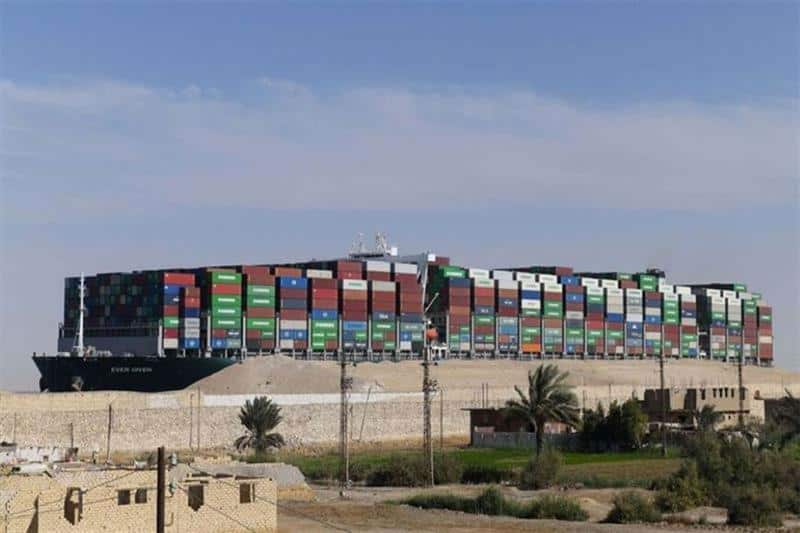Cairo, Egypt–Egypt’s current account deficit fell 77.2 percent to $1.8 billion in the first half of the North African country’s current fiscal year.
According to its central bank, the deficit reduction was fueled by Egypt’s current account turning a $1.41 billion surplus in the October to December quarter of 2022 as imports dropped and exports rose.
This came after the country saw a $3.19 billion deficit between July and September — the first quarter of Egypt’s fiscal year.
Import restrictions during much of 2022 were in place to tackle the country’s current account shortfall.
The slowdown in the business sector softened in April as cost inflation dropped to a one-year low, according to a report released by US-based S&P Global.
Non-oil trade balance deficit decreased by around $6.5 billion to $17.3 billion in H1 FY 2022/2023, compared to around $23.8 billion, in the comparative period the year before.
Non-oil merchandise imports shrank 17.3 percent year-on-year (YoY) to around $30.2 billion between July and December 2022.
Meanwhile, non-oil merchandise exports inched up by $124.8 million YoY to about $12.9 billion. The increase was ascribed to many export items, on top of which gold and phosphate/mineral fertilizers.
The oil trade balance achieved a surplus of around $1.8 billion in July-December 2022, down from $2.1 billion the year before.
However, Egypt’s Purchasing Managers’ Index stood at 47.3 in April, below the neutral 50.0 mark but above the March figure of 46.7.
“The latest PMI figures for Egypt provided some promising hints for the direction of the non-oil economy, particularly on inflation,” said David Owen, a senior economist at S&P Global Market Intelligence.
“The findings suggest that headline inflation in Egypt should begin to soften over the coming months after hitting a near six-year high of 32.7 percent in March, which will help to ease the cost-of-living crisis,” Owen added.
Regardless of this optimism, the output expectations of Egyptian businesses for the year were low in April due to weak domestic and international demand and high price levels.

